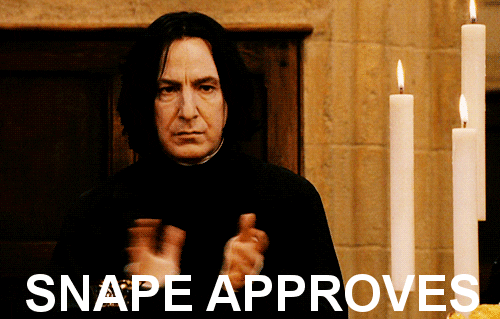floatingbridge said:
I've been introduced the OCEAN model of personality, which takes a more spectrum-view of personality.
Rather than MBTI which categorises people into more binary... black, white, states.
Ah, there's a really clear answer to your question: MBTI traditionally is associated with genuine dichotomies, but actually there's no reason to view it as genuine dichotomies. In fact, the data (as Big 5 leading theorists McCrae and Costa have said) is consistent with traditional psychometric consensus, which is that personality tends to vary more continuously.
(As a note, CG Jung, whose ideas inspired the MBTI, also viewed people's personalities in terms of degree very clearly; for instance, he distinguished Cuvier/Nietzsche as a stronger polarity between the extraverted and introverted thinking types than in the case of Darwin and Kant.)
So really, there's no reason to move on from the MBTI. The idea that people really fall into discrete types is a bit archaic but there's no reason not to view preferences in terms of degree.
At that point, you have things like the subtle differences between T/F and Big 5 Agreeableness, and understanding these can deepen one's understanding.
(Admittedly I guess the tests don't implement a Likert scale or something to allow for degrees, but really, it's not hard to imagine doing that. Also, the Step II does something similar, in that it considers facets of a dimension, and allows one to be in-pattern and out of pattern, which is similar to considering degree of preference.)
The big warning also is that MBTI is often associated with CG Jung's theory, but the truth is it was inspired by it, and is quite different, and the associations drawn are quite sloppy/need to be unpacked. There's a priori no functions theory built into the indicator, and its interpretation as 4 linear dimensions doesn't lend itself to the interpretation of functions theory, since the 4 linearly independent dimensions point of view just suggests ESFP and INTJ, e.g., are just 4 apart and suggests nothing about an implicit commonality like sharing an Se-Ni axis or Fi-Te axis.
Also note that Myers allowed for omissions on tests, and the notion of an "X" on a dimension was reportedly allowed in the past at least, so this suggests there's nothing
inherent to the construction of the test which suggests you can't interpret it as dimensions vs genuine dichotomies.


